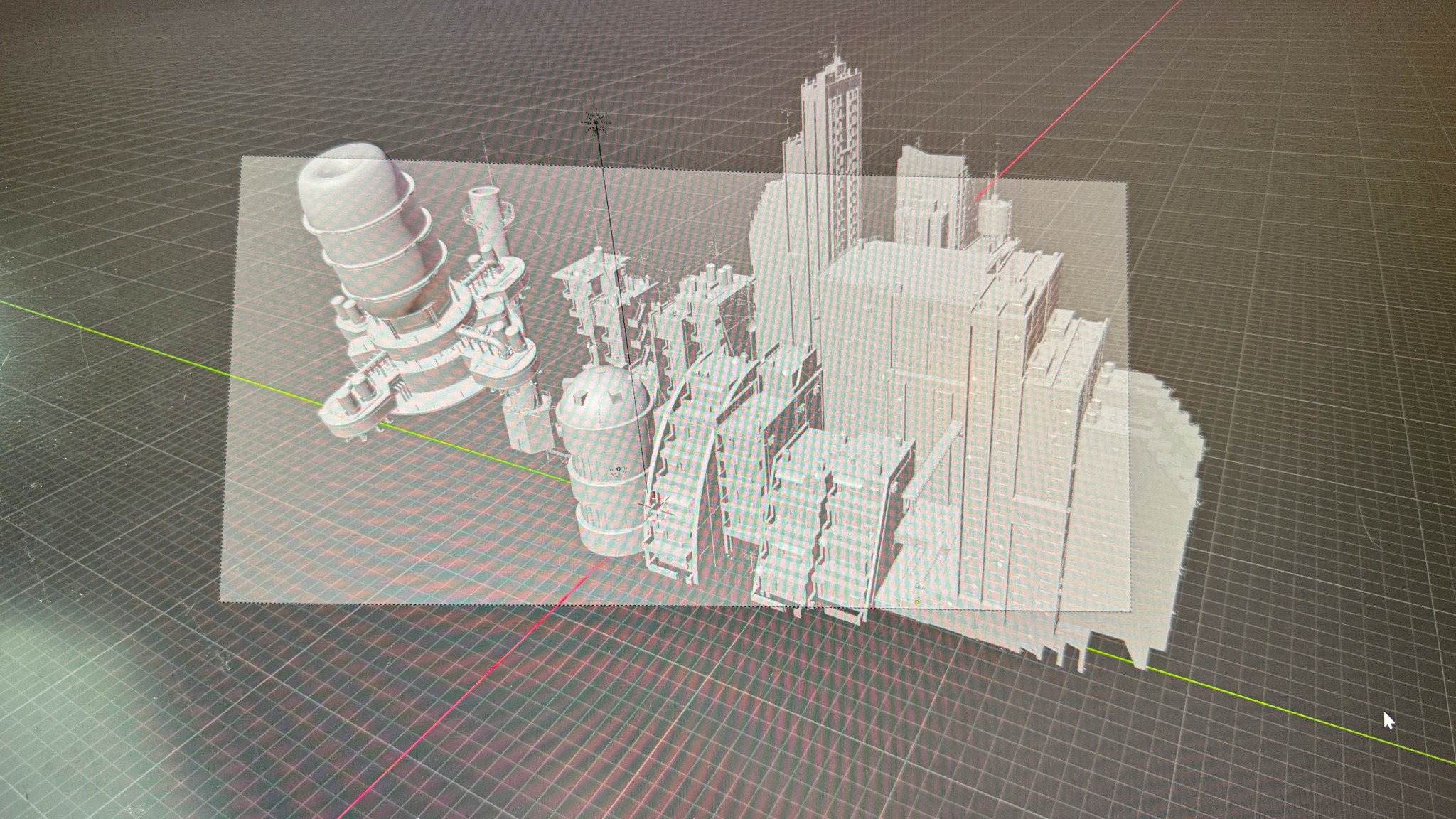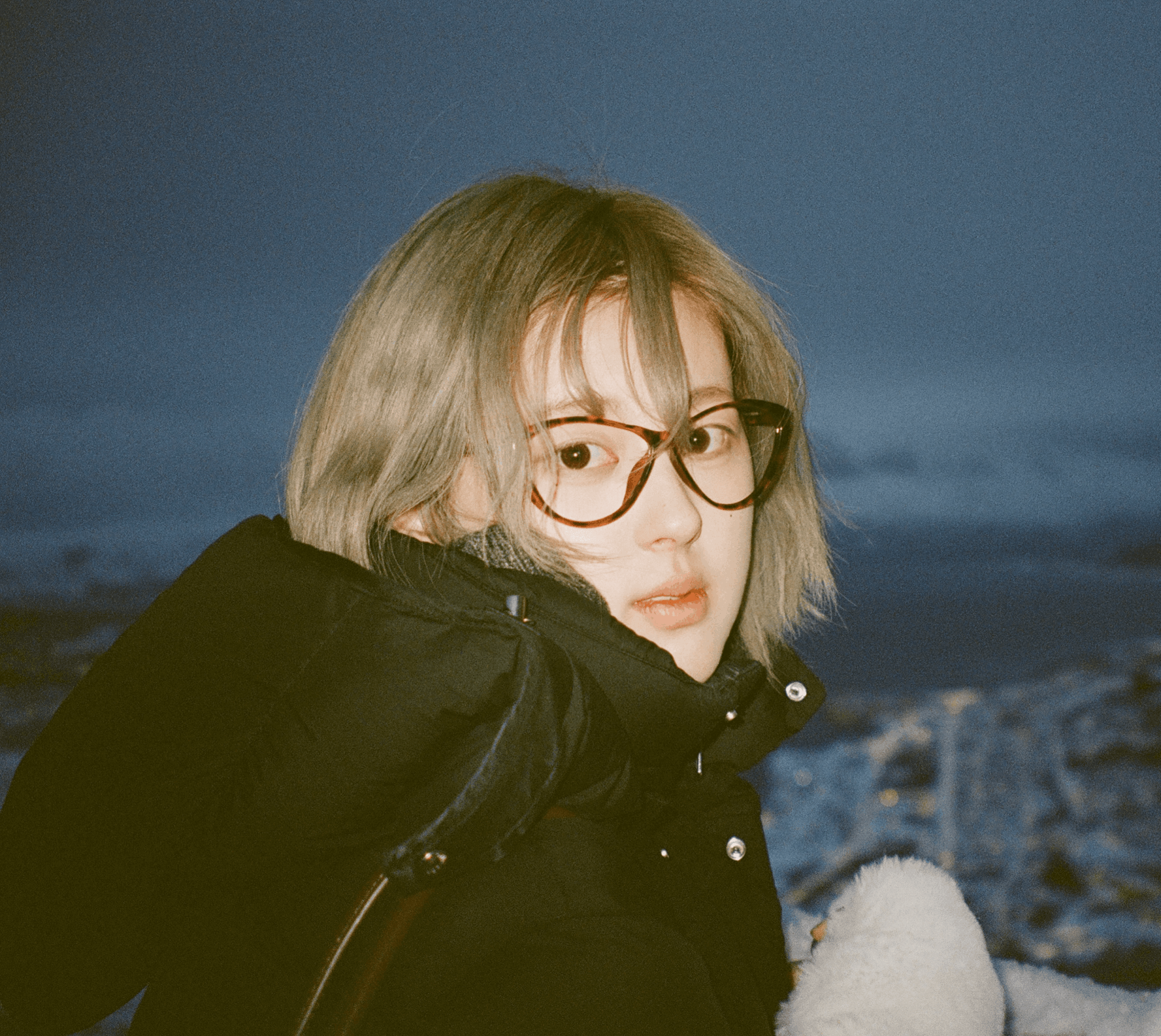We caught up with the brilliant and insightful Meiqi Jiang a few weeks ago and have shared our conversation below.
Hi Meiqi, thanks for joining us today. How did you learn to do what you do? Knowing what you know now, what could you have done to speed up your learning process? What skills do you think were most essential? What obstacles stood in the way of learning more?
How did you learn to do what you do?
I’m learning and working on my portfolio around world-building — things like designing game levels, doing conceptual environment art, building my own 3D assets, and even experimenting with some VFX stuff.
I started really late compared to most people in this field. A lot of them choose this path as their college major and spend four years getting trained for it. But I picked something kinda unrelated when I applied to college which is illustration.
Living in a time where things change super fast, I feel like I have to follow what the market needs. To be honest, I’m not sure how much the market will need artists 30 years from now. AI is taking over pretty much every creative field. I think instead of fighting it, we should embrace technology — and for me, that means bringing more computer-based skills into what I do. Plus, I genuinely love VFX stuff and always feel super curious about how those amazing visual effects in movies and games are made.
As I mentioned, I didn’t get any formal training in 3D computer art during college. So I just taught myself mostly through YouTube and other online platforms.
Knowing what you know now, what could you have done to speed up your learning process?
This is a really hard question. I don’t think I have a clear answer, because my learning process wasn’t exactly efficient. But if I had to pick something, I’d say — maybe try to find a good teacher before jumping in. Or at least find a YouTuber who explains things well. Learning online can be really tricky, especially when you literally have no idea what you’re supposed to be learning.
However, I don’t regret the time I spent figuring things out on my own. It helped me build my own understanding and mental maps of how computer art works, not just follow along with what others already laid out.
What skills do you think were most essential?
Not just in my field, but in anything you’re trying to do: I’d say managing your work-life balance and taking care of your body. Don’t ignore your emotions, and seriously, be nice to your back. It sounds silly, but all these things matter more than you think.
What obstacles stood in the way of learning more?
I didn’t really have time to learn everything before I jumped into my project. I probably spent like 75% of my time just trying to figure out how to deal with unexpected problems. It was super frustrating. And honestly, handling my emotions became just as important as solving the technical issues.

Great, appreciate you sharing that with us. Before we ask you to share more of your insights, can you take a moment to introduce yourself and how you got to where you are today to our readers.
Hi! I’m a self-taught 3D artist focusing on level design and technical art. I started with an illustration background, but fell in love with building digital worlds. Now I spend my time doing portfolios which design fantasy worlds in video game format and how players move through spaces.
Many people might not know what level designing does. Think of the game Zelda: when you find a bomb and suddenly realize you can blow up that wall you saw earlier? That kind of moment is what I aim to create as a level designer. On the technical side, I build 3D assets, experiment with shaders, and troubleshoot messy stuff behind the scenes.
In your view, what can society to do to best support artists, creatives and a thriving creative ecosystem?
To me, this question isn’t just about how much society values art, it’s about what kind of economic and political systems are even capable of supporting, appreciating, or generating art in the first place. You can’t expect flowers to grow in barren soil. And you definitely can’t expect people struggling through war or poverty to stop and appreciate beauty.
With the rise of AI-generated art, the act of appreciating beauty itself has become a kind of luxury. The market naturally leans toward cheaper, faster, more mass-consumable content. Art, literature, and music are no longer being made for the sake of beauty and honestly, that’s terrifying. If things continue this way, we might be watching the slow death of what art really is.
I think right now might not be the best time to talk about how to “support” art in a meaningful way, it feels a bit hollow. Maybe we need to wait until this wave of technological upheaval settles down. In every storm, there are new opportunities, but let’s not pretend the storm isn’t also tearing things apart. I just hope our generation of artists can survive through this turning point in history and maybe even find a way to shape what comes next.
Alright – so here’s a fun one. What do you think about NFTs?
I don’t think there’s a huge difference between the existence of NFTs and the high-priced fine art auction market. When we see traditional artworks being sold for millions, we have to ask: Do they really deserve that price because of their artistic value?
Most of the time, the answer is no. Those prices often reflect complex economic transactions, symbolic capital, and the fact that artworks have long been turned into financial tools: tradable symbols rather than purely creative expressions.
NFTs just made this logic more visible and digitized. They’re also hyped, also speculative, and also used as a form of currency by investors. So while people criticize NFTs as bubbles, I think we should also question: Was the traditional art market ever truly innocent? In this sense, NFTs didn’t betray art, they actually revealed how much of the art world has already been shaped by capital and speculation.
Contact Info:
- Instagram: Jiang.mq
Image Credits
Meiqi jiang


